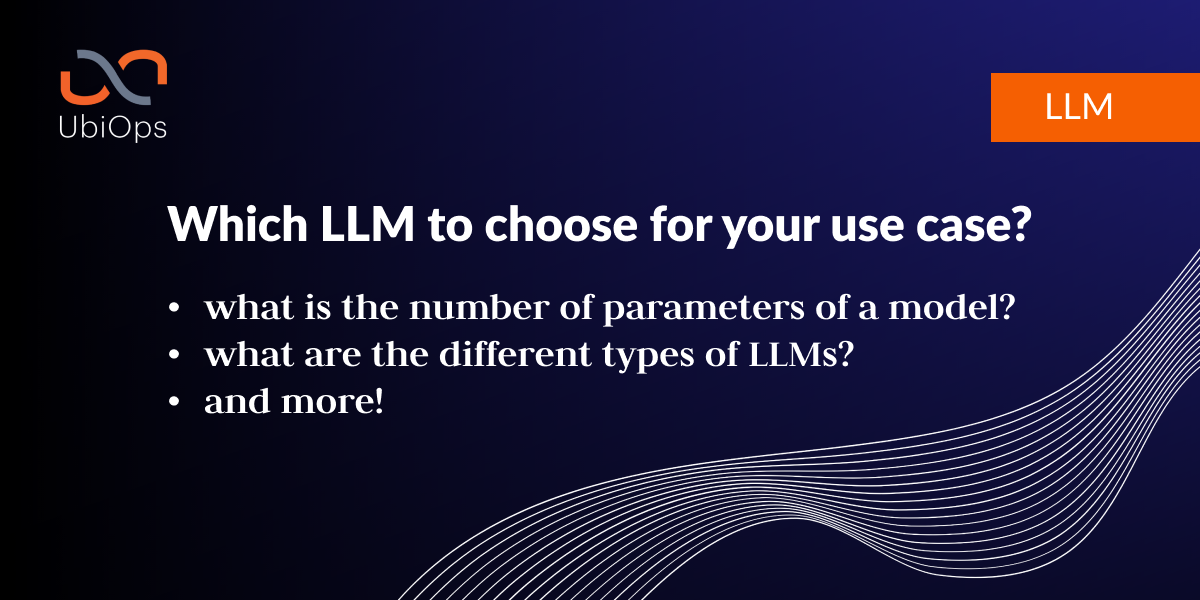- RESOURCES -

Best practices for building LLMs - Stack Overflow
......
stackoverflow.blog

Choosing the Best LLM Model: A Strategic Guide for Your Organization’s Needs | by purpleSlate | Medium
In today’s rapidly evolving technological landscape, large language models (LLMs) have emerged as powerful tools for organizations looking to leverage the capabilities of artificial intelligence (AI)…......
medium.com

LLM Selection Criteria. This blog talks on how to select the… | by Anmol Talwar | Medium
This blog talks on how to select the right LLM before diving into plethora of available models. To select the right large language model one must understand the unique use case that needs to be…......
medium.com

A Practitioner's Guide to Selecting Large Language Models for Your Business Needs | Veritone
A guide for businesses to effectively leverage Large Language Models and the factors to consider in selecting the right LLM.......
www.veritone.com
Factors to Consider When Choosing the Right LLM
Discover key factors to consider when choosing the right LLM or Large Language Model for your AI projects. Ensure optimal performance with our guide.......
eightgen.ai

Choosing the Right LLM: A Starter Guide | Factored
Explore our comprehensive guide to navigate the complex market of large language models (LLMs) and find the best model for your specific needs. Discover tips on model selection based on openness, task use case, precision, and deployment, with real-li......
factored.ai

Which LLM to choose for your use case? - UbiOps - AI model serving, orchestration & training
This article can be used as a preliminary guide for how to evaluate a newly released model against a number of characteristics.......
ubiops.com
6 Key Factors to Consider in Choosing an LLM | Soliton Technologies
......
www.solitontech.com

The Ultimate Guide to LLM Fine Tuning: Best Practices & Tools | Lakera – Protecting AI teams that disrupt the world.
Dive into model fine-tuning and learn how to adapt LLMs for your needs. Discover various methods, their pros and cons.......
www.lakera.ai


:max_bytes(150000):strip_icc()/GettyImages-1036926180-b9f29cbe5df3436bbd85062acce3ac50.jpg)
